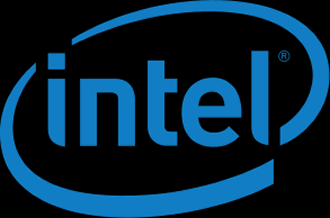 China has expanded its Great Firewall of China to include a major hosting and cloud services company.
China has expanded its Great Firewall of China to include a major hosting and cloud services company.
According to internet freedom watchdog GreatFire.org, the EdgeCast content delivery network (CDN), which “provides cloud services to thousands of websites and apps in China”, has been partially blocked.
A number of major international companies have been affected by the block, including The Atlantic, Sony Mobile, and websites related to the Firefox web browser.
Filtering escalated this week with an increasing number of popular web properties impacted and even many domains being partially blocked.
The blocking of a major CDN such as EdgeCast marks a significant escalation in the efforts of Chinese censors to keep the country’s internet free of unwanted outside influence.
Charlie Smith, founder of GreatFire, told the South China Morning Post that taking down so many sites in one go will have a huge economic impact – online commerce, trade, even academia will all be affected by this.
“While the economic cost is huge, the authorities are also risking upsetting Chinese netizens who suddenly wake up to find out that they cannot access a plethora of websites.”
The problem, as far as China is concerned, is that free speech activists and anti-censorship groups such as GreatFire have been using cloud services to create mirrors of sensitive information which cannot be blocked.
This included the International Consortium of Investigative Journalists (ICIJ) report on the use of offshore tax havens by Chinese businessmen and officials. The report was uploaded to Amazon’s cloud servers, which, because of their design and encryption, are impossible to block on an individual website or page basis.
However killing off the entire cloud domain would cause significant harm to the businesses of the thousands of Chinese websites, including major corporations, who depend on its services for database management and other cloud computing.
GreatFire said in a blog post since the Great Firewall cannot distinguish traffic to our mirror sites and other traffic to the cloud provider which means they cannot block access to its mirror sites without blocking access to all the sites hosted by the CDN.
It sees this as a form of ‘collateral freedom’ which hinges on the gamble that the Chinese authorities will not block access to global CDNs because they understand the value of China being integrated with the global internet.
It looks like the authorities do not care and are just going to cut China off from the global internet, rather than letting that work around happen.
Ironically, China hosted the World Internet Conference in Zhejiang province. Talks include “An interconnected world shared and governed by all” and “Cross-border e-commerce and economic globalisation.”
 Computer companies have been touting video calling as the perfect way to hold conference calls and important conferences since the 1990s, but now it seems it’s all happening under their noses.
Computer companies have been touting video calling as the perfect way to hold conference calls and important conferences since the 1990s, but now it seems it’s all happening under their noses.


















